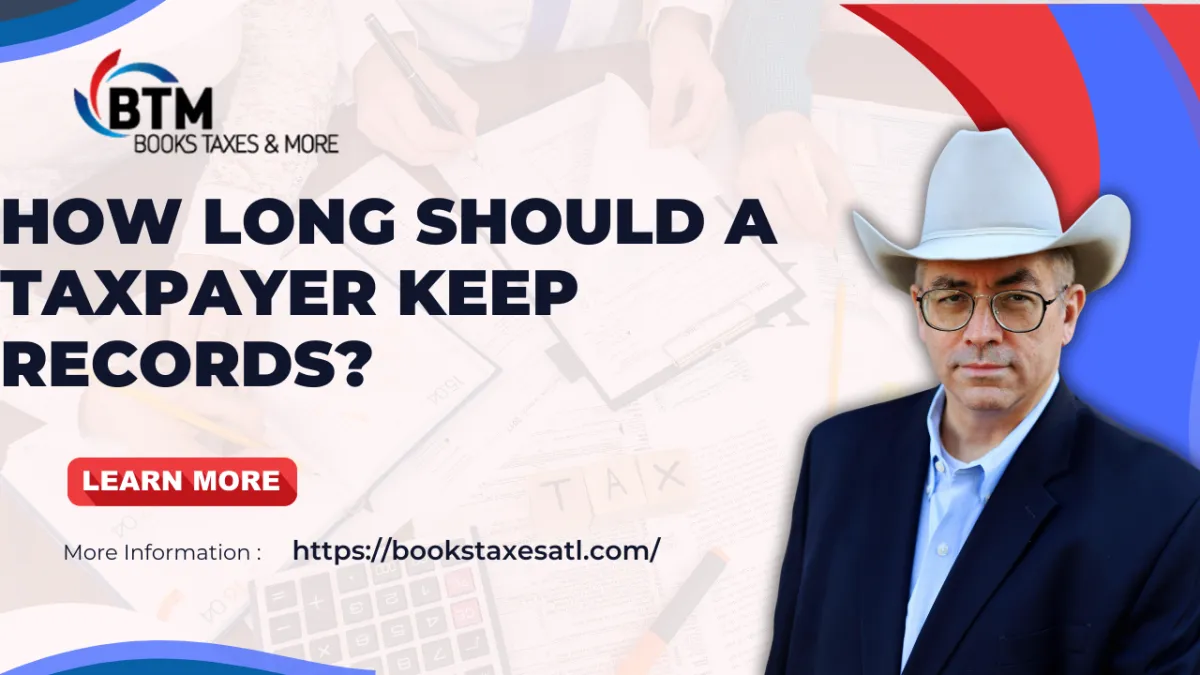
How long should a taxpayer keep records?
The most common answer to this is 3 years from the date filed.
But there’s some grey area. Having the correct records could save you thousands of dollars one day, so you want to do your due diligence and be smart about what you keep in your filing cabinets (or desktop folders).
Let’s look at the statute of limitations.
The IRS can identify and review any return going back three years unless it can show the taxpayer has withheld more than 25% of income from the return.
If a taxpayer has withheld more than 25% of income, the threshold becomes 6 years.
In the case of fraud, there is no statute of limitations.
Unfortunately, in many cases, such as the sale of real estate or depreciation of a business asset, the time frame is potentially much longer.
Here’s an example:
Mr. Smith owns a business that he ran from his home like many businesses, especially in these post-pandemic times. Mr. Smith takes the home office deduction each year.
After 10 years, he retires out of state, so he has to sell his house.
That sale generates a profit--and that profit is taxable.
He dutifully reports all his income every year, which means we are looking at a three-year window.
The question is when does the three-year window start?
In this case, the three-year window starts the day he files the return for the year he sold the house. Three years after selling the house he is free to destroy the records, although I would recommend holding them for seven as a safety precaution.
The next question is: What records or receipts should he save? Could he destroy records as they pass the three-year mark?
He should save every receipt and document associated with the purchase, care, improvement, and maintenance of the property from the original HUD-1 when it was purchased up to and including the closing documents when the house was sold. This includes things like that new roof, new furnace, the addition, insurance claims, and all costs of acquisition and sale.
The question of record maintenance can be very complex.
Not having the appropriate records when the IRS or the state come calling can cost the taxpayer very valuable tax deductions.
Want to be sure you’re keeping the right records for your situation? Visit our website www.bookstaxesatl.com or call or email Steve at 678-717-9818.
